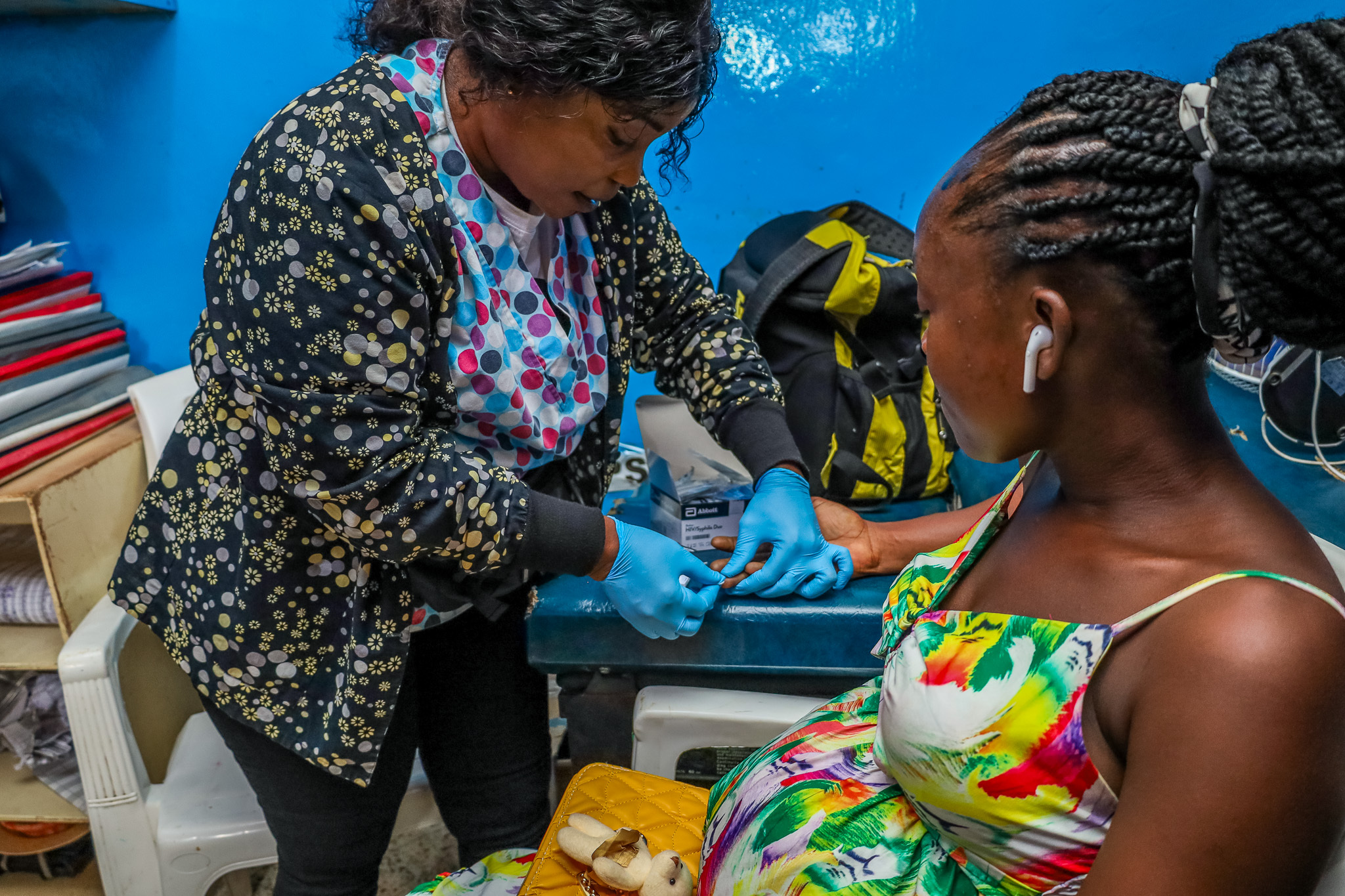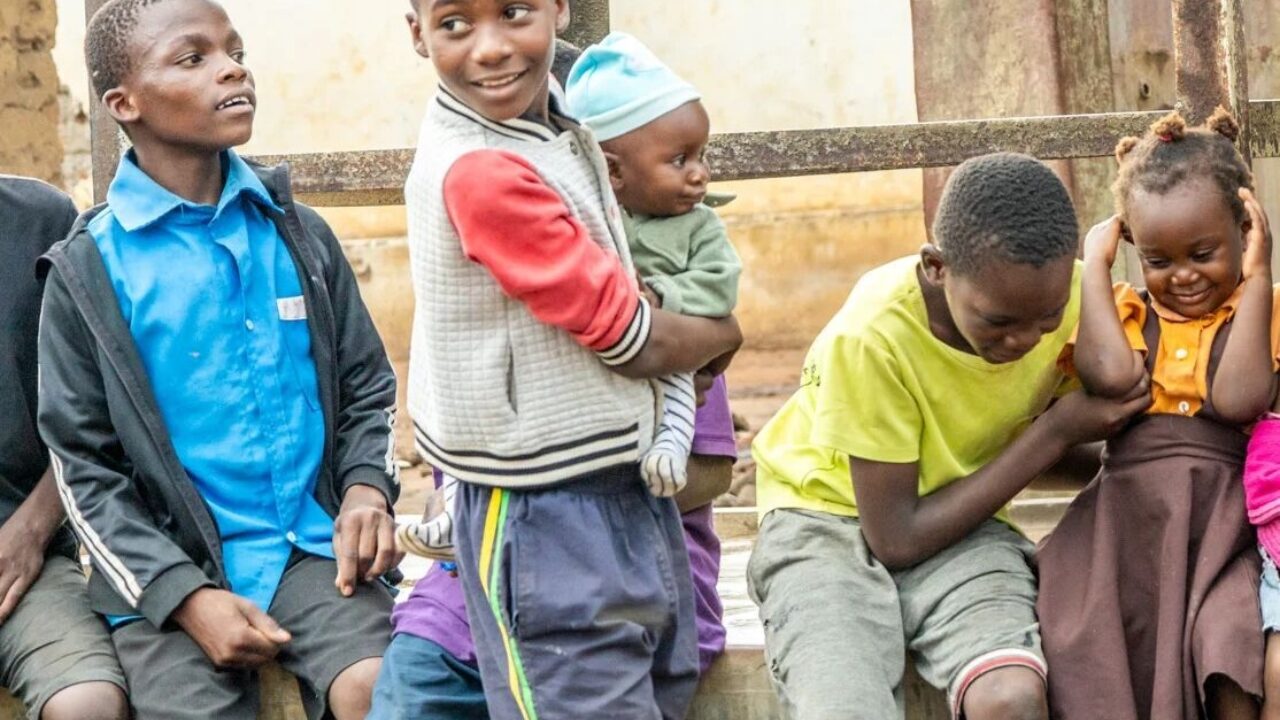“I’m a service-oriented individual with a profound passion for serving my community, particularly in women’s health and wellbeing,” says Namakau Nyambe, Evidence Action’s Zambia country director.
Leading Evidence Action’s expansion of Syphilis-Free Start into Zambia – a program that has already proven to be transformative for maternal and infant health – Namakau works closely with the Ministry of Health to provide technical assistance in scaling up syphilis screening and treatment.
"The program is owned by the government; we provide the financial and technical support needed to scale up the program across the country," she explains. “This collaborative approach ensures the program's sustainability and effectiveness.”
The organizational value that resonates most with Namakau is "evidence first." Her background is deeply rooted in research – most recently she managed a multi-year randomized controlled trial in Zambia that looked at how effectively an affordable thermal ablation device could expand access to care for cervical cancer prevention.
“Communities deserve solutions that are rigorously tested and guaranteed to work," emphasizes Namakau. She is committed to providing Zambians these proven, evidence-based solutions.
She has extensive experience working with health NGOs in Zambia, having managed and coordinated a diverse portfolio of projects related to cervical cancer, family planning, and non-communicable diseases such as hypertension, diabetes, and malaria.
“I’m now blessed to be here and given the opportunity to help pregnant women across the country have healthy babies, free from the issues that result from untreated maternal syphilis," Namakau says.
Integrating syphilis screening and treatment into antenatal care services strengthens Zambia’s ability to achieve national maternal and child health goals. This often-undiagnosed infection threatens the health of mothers and babies, leading to heartbreaking outcomes. As of 2021, only 44% of pregnant women visiting antenatal clinics were tested for syphilis.
Evidence Action is supporting the Zambian government in bringing dual HIV/syphilis testing and syphilis treatment to over 2,000 health facilities in the country. These efforts are anticipated to increase nationwide syphilis screening coverage to more than 90% and treatment coverage to more than 85% by 2027. That would mean averting over 9,000 adverse birth outcomes annually, including stillbirths, preterm births, neonatal deaths, and congenital syphilis, or mother-to-child transmission, which causes significant physical and cognitive disabilities for the infant.
In Liberia, Syphilis-Free Start increased screening coverage by 10x, and drove treatment coverage up to 88%. That’s resulted in more than 2,300 adverse birth outcomes prevented and 1,300 lives saved. By training personnel at community healthcare facilities, championing effective supply chain management and accurate data reporting, we have established a model that effectively addresses critical gaps in healthcare systems for more reliable and efficient service delivery.
“We can’t work in silos,” says Namakau, highlighting the crucial role of partnerships. “The stakeholder landscape has to include the government and related agencies, healthcare providers, donors, and other NGOs in maternal health.” She plans to leverage existing resources and expertise by collaborating with organizations already in the HIV space – partnering with them to incorporate dual HIV/syphilis testing into work plans and budgets.
Together, under Namakau's leadership, we're building a powerful approach to tackling maternal syphilis in Zambia. By working hand-in-hand with the Ministry of Health and other stakeholders, we can address challenges pragmatically and efficiently. We are poised to make a significant, lasting impact on maternal and child health in Zambia, building a healthier future for generations to come.




